Home>Gardening & Outdoor>Pool & Spa Care>Why Can’t You Go In The Hot Tub When You’re Pregnant
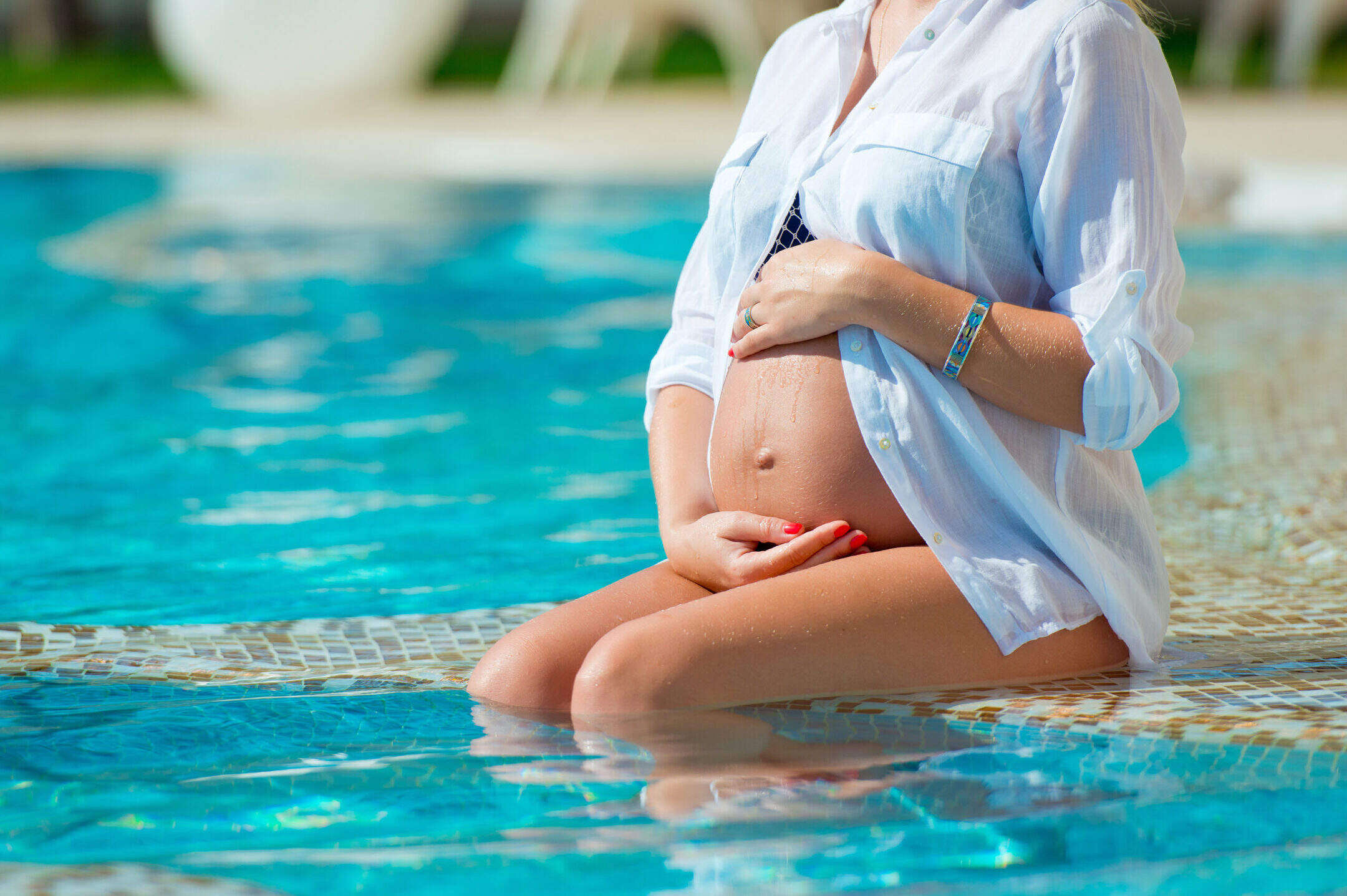

Pool & Spa Care
Why Can’t You Go In The Hot Tub When You’re Pregnant
Modified: January 9, 2024
Learn why pregnant women should avoid hot tubs and how to maintain pool and spa care for a safe and healthy experience. Discover expert advice and tips.
(Many of the links in this article redirect to a specific reviewed product. Your purchase of these products through affiliate links helps to generate commission for Storables.com, at no extra cost. Learn more)
**
Introduction
**
Pregnancy is a time of joy, anticipation, and careful consideration of every action for the well-being of both the mother and the baby. While it's essential to stay physically active and maintain a healthy lifestyle during pregnancy, certain activities require extra caution. One such activity is soaking in a hot tub. The soothing warmth of a hot tub may seem inviting, especially during pregnancy when the body is undergoing numerous changes, but it's crucial to understand the potential risks and implications before taking the plunge. In this article, we will explore the reasons why it's generally advised to avoid hot tub use during pregnancy, the potential impact on the baby, and essential tips for safe hot tub use if deemed necessary. Let's delve into this important topic to ensure the safety and well-being of expectant mothers and their precious little ones.
Key Takeaways:
- Soaking in a hot tub during pregnancy can raise the mother’s body temperature, potentially harming the baby’s development. It’s best to consult a healthcare provider and consider alternative relaxation methods for a safe and healthy pregnancy.
- Hot tub use during pregnancy can lead to overheating, dehydration, and exposure to chemicals, posing risks to both the mother and the baby. If necessary, limit soaking time, stay hydrated, and choose well-maintained hot tubs for a safer experience.
Understanding the Risks
When it comes to pregnancy, the body undergoes a myriad of changes to support the growing baby. One of the most critical changes involves the body's internal temperature regulation. During pregnancy, the body's core temperature is naturally higher than usual, and this can be further elevated by external factors such as physical activity, weather conditions, and hot tub use.
Soaking in a hot tub, especially one set at higher temperatures, can lead to a significant increase in the mother's core body temperature. This elevation in body temperature can pose potential risks to the developing fetus. Research suggests that prolonged exposure to high temperatures, such as those found in hot tubs, particularly during the first trimester, may increase the risk of certain birth defects.
Furthermore, the increased body temperature from hot tub use can lead to discomfort, dizziness, and dehydration for the expectant mother. Dehydration is a common concern during pregnancy and can have adverse effects on both the mother and the baby. It’s important to note that the risks associated with hot tub use during pregnancy are not limited to the elevated body temperature alone. Other factors, such as the chemicals used to maintain hot tub water quality, can also impact the safety of hot tub use for expectant mothers.
By understanding these risks, expectant mothers can make informed decisions regarding hot tub use during pregnancy, prioritizing the well-being of themselves and their babies.
Impact on the Baby
The impact of hot tub use on the developing baby during pregnancy is a significant concern that expectant mothers should carefully consider. As mentioned earlier, the elevation of the mother’s core body temperature due to hot tub use can potentially impact the baby’s development. Research has indicated that exposure to high temperatures, especially during the first trimester, may be linked to an increased risk of certain birth defects, such as neural tube defects.
Neural tube defects are serious conditions that affect the development of the baby’s brain and spinal cord. These defects can lead to long-term health challenges for the child. Therefore, avoiding activities that could potentially elevate the mother’s core body temperature, such as soaking in hot tubs set at higher temperatures, is a proactive measure to reduce the risk of such complications.
Additionally, the impact of hot tub chemicals on the baby’s health is another aspect to consider. Hot tubs are treated with various chemicals to maintain water quality, and exposure to these chemicals, especially in poorly maintained hot tubs, can pose risks to the developing baby. The skin is the body’s largest organ, and it can absorb substances from the surrounding environment. Therefore, exposure to chemicals in hot tub water may potentially affect the baby’s health and development.
Considering these potential impacts, it’s prudent for expectant mothers to prioritize the safety of their babies by avoiding activities that could pose risks to their well-being. By being mindful of the potential impact of hot tub use on the baby, expectant mothers can take proactive steps to promote a healthy and safe environment for their developing child.
It’s best to avoid hot tubs when pregnant because the high temperature can raise your body temperature, which can be harmful to the baby. Stick to warm baths instead.
Potential Health Concerns
During pregnancy, maintaining optimal health is paramount to support the well-being of both the mother and the developing baby. When considering hot tub use, several potential health concerns come to the forefront, emphasizing the need for caution and informed decision-making.
One of the primary health concerns associated with hot tub use during pregnancy is the risk of overheating. Prolonged exposure to high temperatures can lead to hyperthermia, a condition characterized by an elevated core body temperature. This can result in discomfort, dizziness, and dehydration for the expectant mother, potentially posing risks to both her and the developing baby.
Dehydration is a common concern during pregnancy, and activities that contribute to fluid loss, such as soaking in a hot tub, can exacerbate this issue. Adequate hydration is crucial for supporting the body’s functions and ensuring the optimal environment for the baby’s development. Therefore, activities that may lead to dehydration should be approached with caution during pregnancy.
Furthermore, the chemicals used to maintain hot tub water quality can present potential health risks. Chlorine, bromine, and other disinfectants and sanitizers are commonly used in hot tub maintenance. While these chemicals are essential for preventing microbial growth and maintaining water cleanliness, exposure to high levels of these substances can have adverse effects, especially for expectant mothers and their developing babies.
Inhalation or skin contact with high concentrations of these chemicals can lead to respiratory irritation, skin sensitization, and other potential health issues. Poorly maintained hot tubs may have imbalanced chemical levels, further increasing the risk of exposure to potentially harmful substances. Therefore, ensuring that hot tub water is properly maintained and balanced is crucial for mitigating these health concerns.
By recognizing these potential health concerns, expectant mothers can make informed choices regarding hot tub use during pregnancy, prioritizing their health and the well-being of their developing babies.
Tips for Safe Hot Tub Use during Pregnancy
While it’s generally recommended to avoid hot tub use during pregnancy, there are specific precautions and guidelines that can help mitigate potential risks if hot tub use is deemed necessary or unavoidable. By following these tips, expectant mothers can prioritize their safety and that of their developing babies while enjoying the relaxation and therapeutic benefits of a hot tub.
- Consult with a Healthcare Provider: Before considering hot tub use during pregnancy, it’s crucial to consult with a healthcare provider. They can provide personalized guidance based on the mother’s health status, the stage of pregnancy, and any specific risk factors.
- Monitor Water Temperature: If using a hot tub is unavoidable, ensure that the water temperature is set at a safe level, typically below 100°F (37.8°C). Prolonged exposure to higher temperatures should be avoided to prevent overheating.
- Limit Soaking Time: It’s advisable to limit hot tub sessions to 10 minutes or less, as this can help minimize the potential impact of elevated body temperature.
- Stay Hydrated: Drink plenty of water before, during, and after hot tub use to prevent dehydration. Maintaining adequate hydration is essential for supporting the body’s functions during pregnancy.
- Choose Well-Maintained Hot Tubs: If using a hot tub, opt for facilities or private tubs that are well-maintained and regularly serviced to ensure proper water quality and chemical balance.
- Pay Attention to Comfort and Symptoms: If any discomfort, dizziness, or unusual symptoms occur during hot tub use, exit the tub immediately and seek medical attention if needed.
- Consider Alternative Relaxation Methods: Exploring alternative relaxation methods such as gentle water exercises in a pool specifically designed for prenatal use, prenatal yoga, or massage therapy can provide relaxation benefits without the potential risks associated with hot tub use.
By adhering to these tips and prioritizing safety, expectant mothers can make informed choices regarding hot tub use during pregnancy, ensuring a healthy and nurturing environment for themselves and their developing babies.
Read more: Can You Be In A Hot Tub When Pregnant
Conclusion
As expectant mothers navigate the journey of pregnancy, prioritizing the well-being of themselves and their developing babies is of utmost importance. When it comes to hot tub use during pregnancy, understanding the potential risks and implications is essential for making informed decisions that promote a safe and healthy environment.
While the relaxation and therapeutic benefits of hot tubs may be appealing, the potential impact of elevated body temperature, dehydration, and exposure to hot tub chemicals on the developing baby warrant careful consideration. Research suggests that prolonged exposure to high temperatures, especially during the first trimester, may pose risks to the baby’s development, emphasizing the need for caution.
By consulting with healthcare providers, monitoring water temperature, limiting soaking time, staying hydrated, and choosing well-maintained hot tubs, expectant mothers can take proactive steps to mitigate potential risks if hot tub use is deemed necessary. Additionally, exploring alternative relaxation methods such as prenatal water exercises, yoga, or massage therapy can offer relaxation benefits without the potential risks associated with hot tub use.
Ultimately, the decision to use a hot tub during pregnancy should be made with careful consideration of the potential risks and the well-being of both the mother and the baby. Prioritizing safety and staying informed about the latest guidelines and recommendations can empower expectant mothers to make choices that support a healthy and nurturing environment for themselves and their precious little ones.
By raising awareness about the potential risks and providing essential tips for safe hot tub use during pregnancy, this article aims to support expectant mothers in making well-informed decisions that align with their health and the optimal development of their babies.
Frequently Asked Questions about Why Can't You Go In The Hot Tub When You're Pregnant
Was this page helpful?
At Storables.com, we guarantee accurate and reliable information. Our content, validated by Expert Board Contributors, is crafted following stringent Editorial Policies. We're committed to providing you with well-researched, expert-backed insights for all your informational needs.
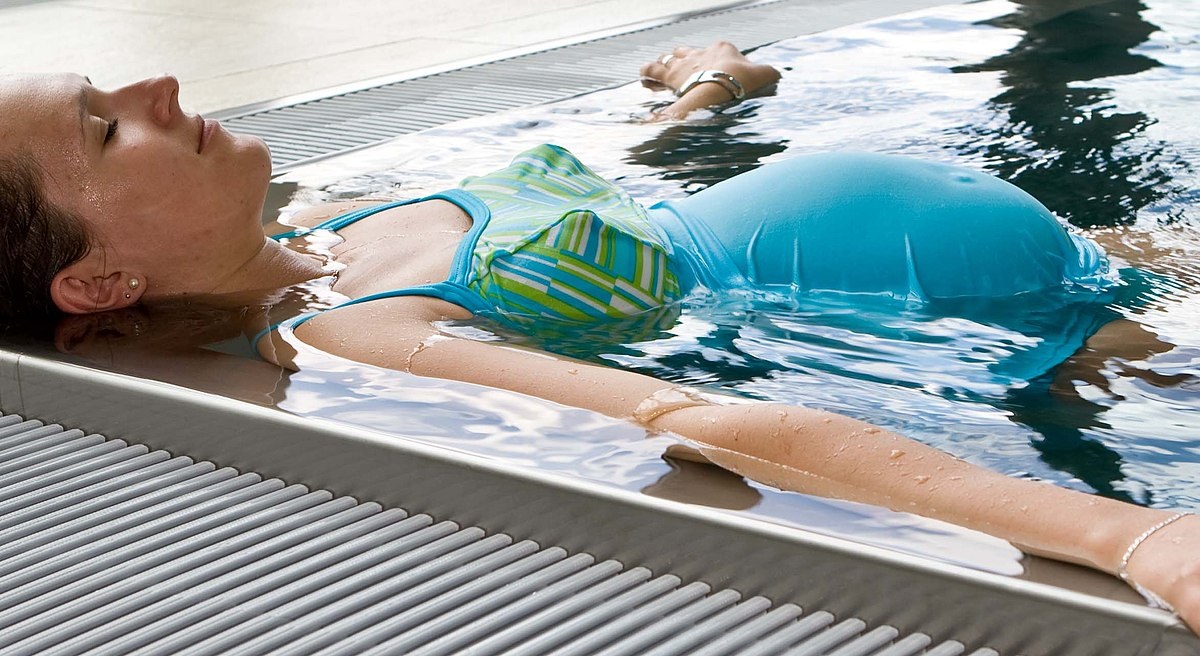
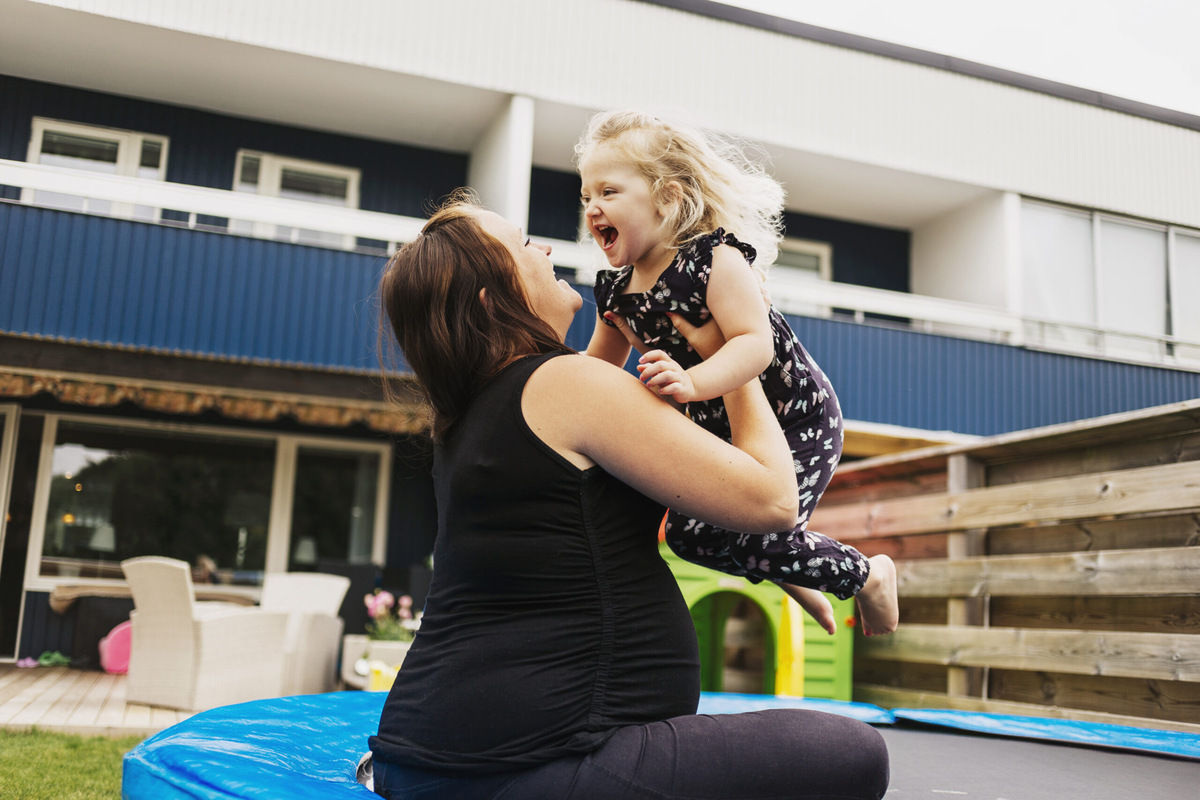
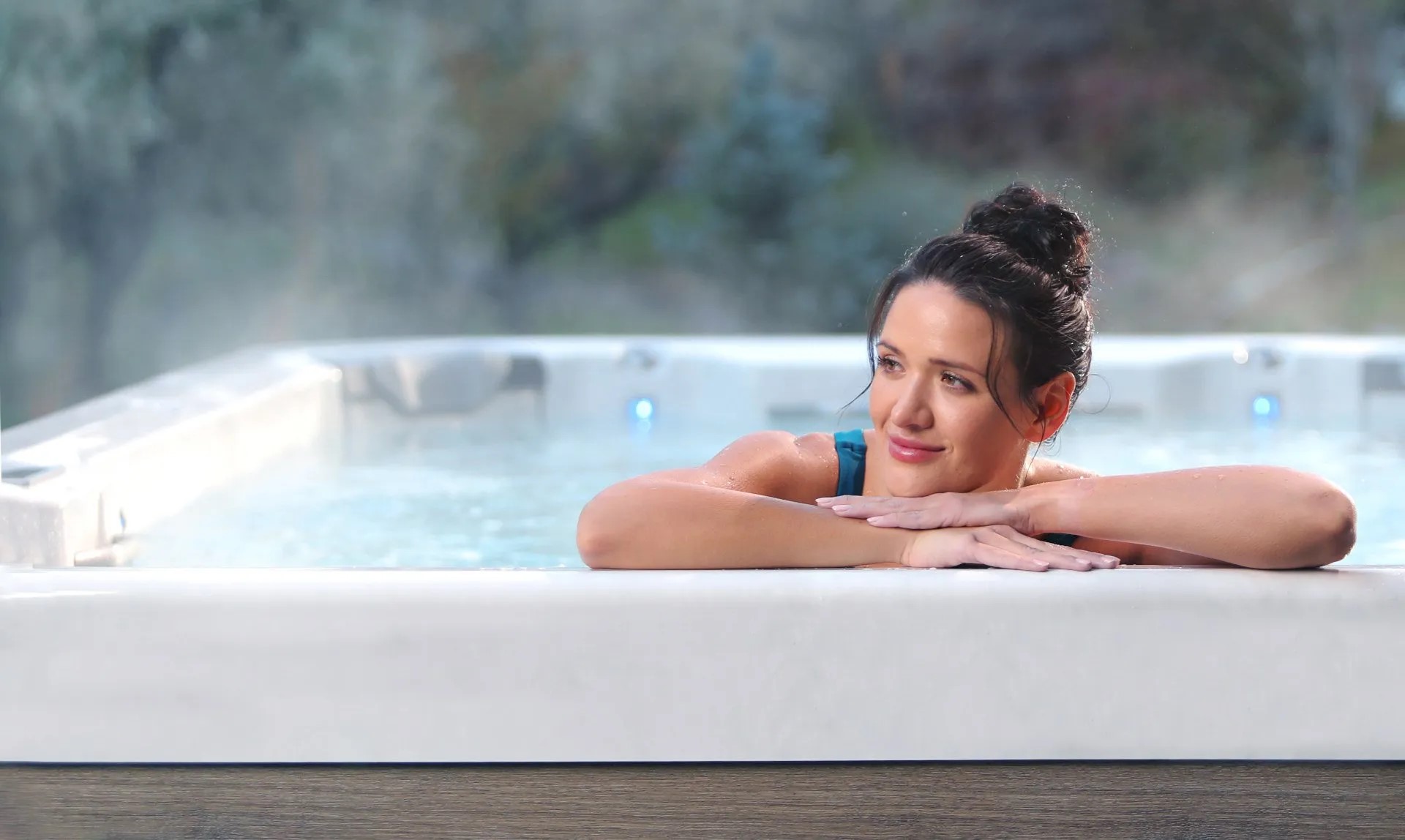
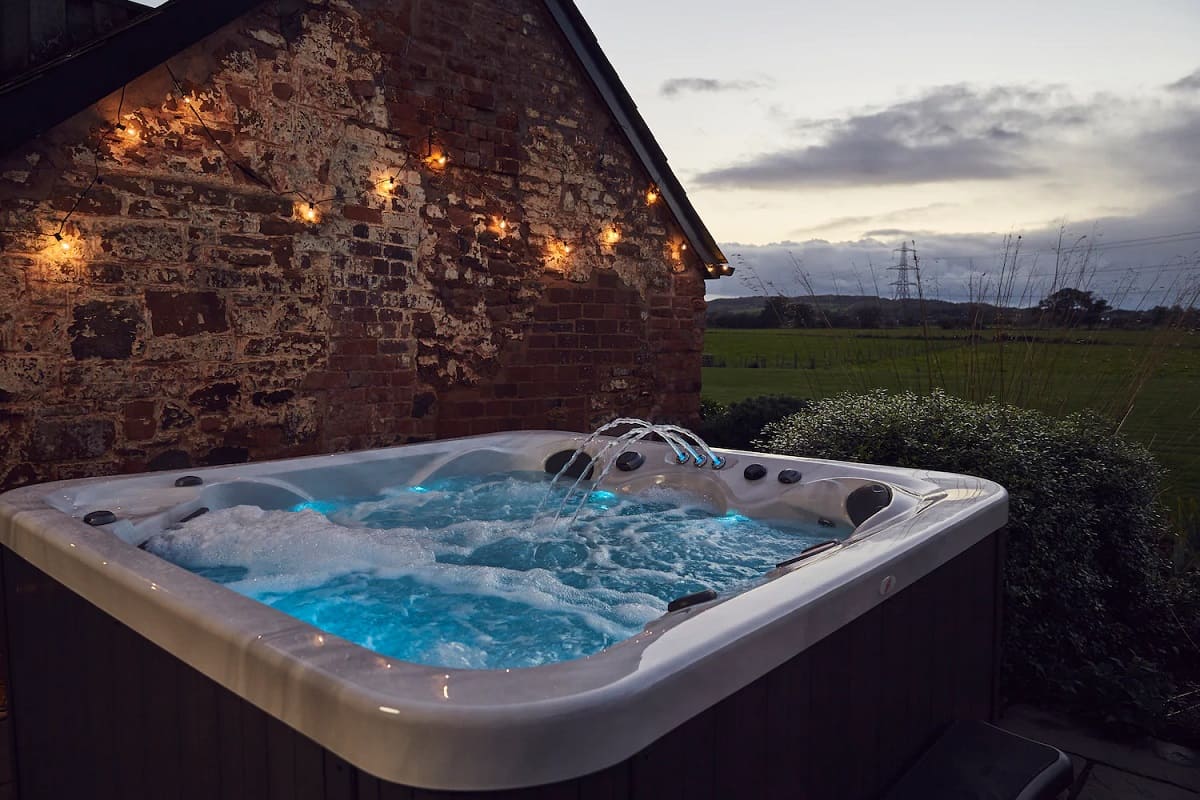

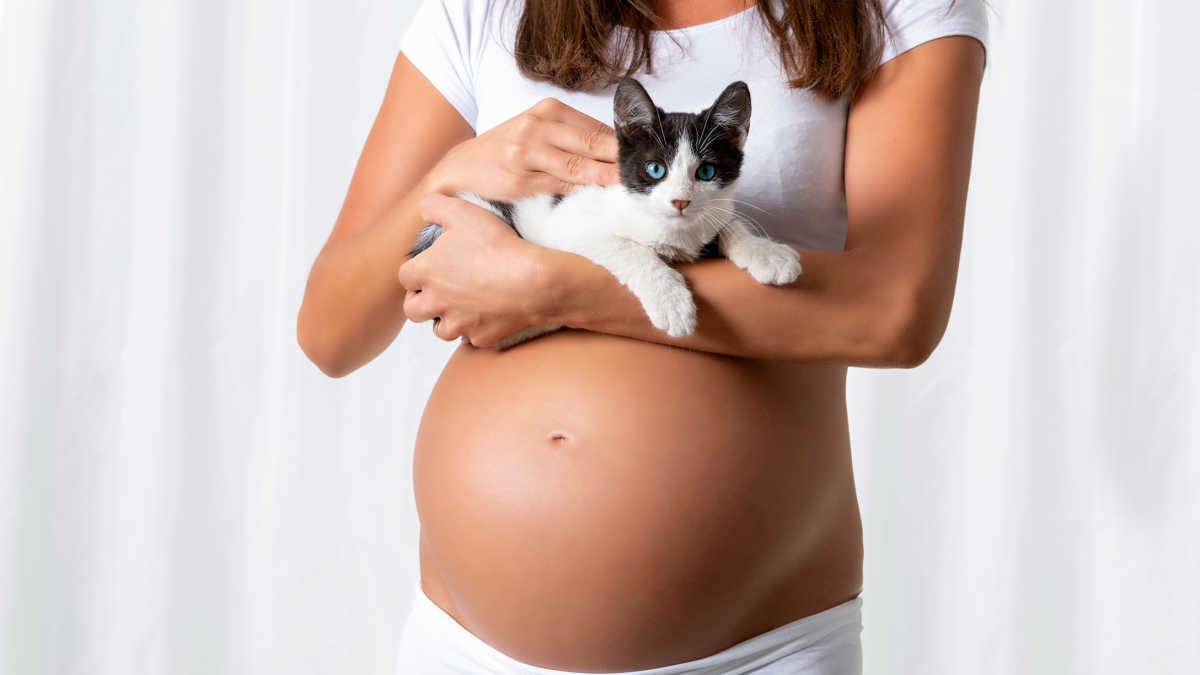
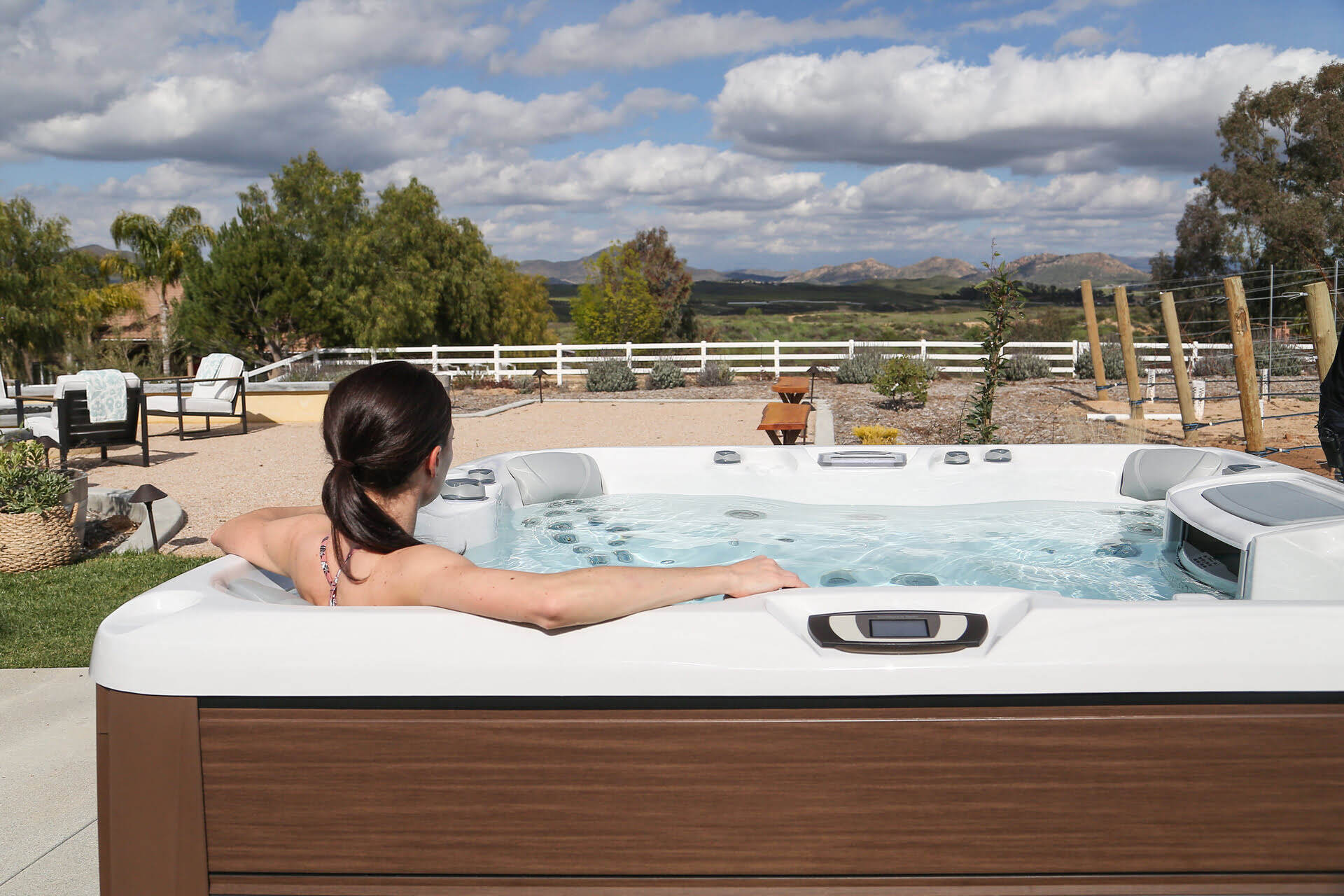


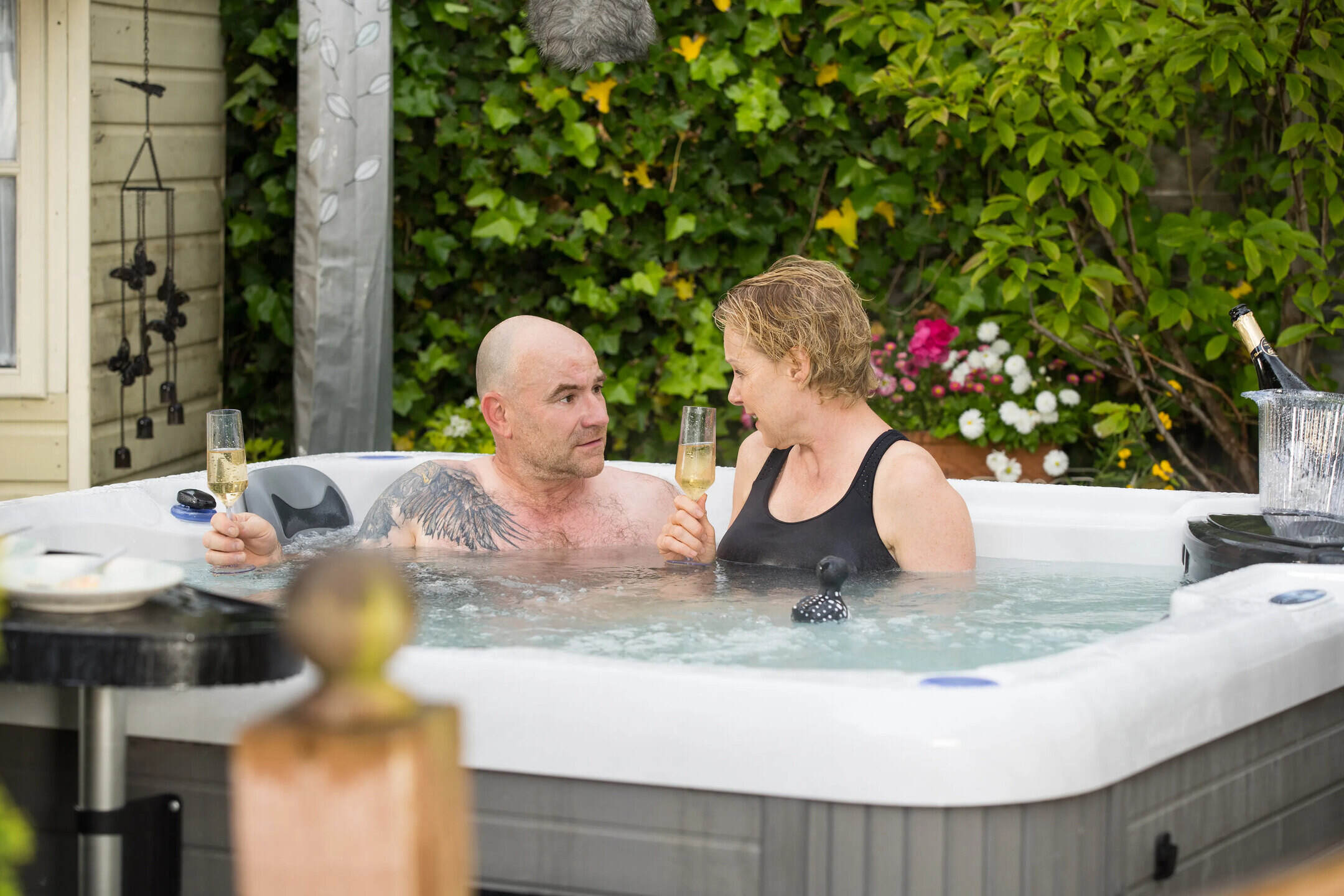





0 thoughts on “Why Can’t You Go In The Hot Tub When You’re Pregnant”